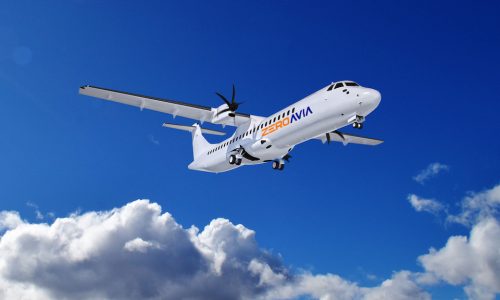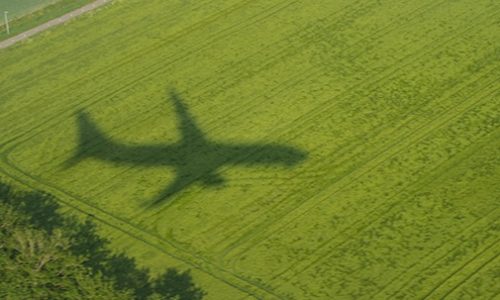Members of the oneworld Alliance plan to purchase up to 200 million gallons of sustainable aviation fuel (SAF) per year from renewable fuels producer Gevo, in the second such joint commitment by the global airline alliance in four months.
Delivery of the fuel is expected to commence in 2027, for a five year-term. oneworld members Alaska Airlines, American Airlines, British Airways, Finnair, Japan Airlines and Qatar Airways expect to utilise the SAF for operations in California including San Diego, San Francisco, San Jose and Los Angeles International Airports.
SAF is a core pillar in oneworld’s plan to reach net zero emissions by 2050. In October 2021, the alliance committed to a target of 10% SAF use across the alliance by 2030. oneworld members are partnering to collectively source SAF, through the alliance’s Environment and Sustainability Board chaired by IAG Head of Sustainability Jonathon Counsell with representation from all member airlines.
In November 2021, oneworld announced a joint commitment to purchase more than 350 million gallons of blended SAF from Aemetis for operations at San Francisco – making oneworld the first global airline alliance to jointly commit to purchasing SAF.
Gevo’s SAF is expected to be produced using inedible corn products that will be processed to create ethanol that will then be converted into SAF. The SAF is expected to be produced at three facilities under development in the Midwest of the US.
The entire supply chain will be certified by the Roundtable for Sustainable Biomaterials (RSB) standard which is widely recognised as the most robust certification scheme for bioenergy.
SAF, which produces significantly lower carbon emissions than traditional jet fuel, is an important part of the aviation sector’s path to decarbonisation, in particular on longer-haul flights.
No changes to current aircraft or airport infrastructure are required for operators to utilise SAF – making it a feasible and immediate solution to reduce carbon emissions. However, SAF is not yet available at scale – underlining the importance of joint commitments like that of oneworld member airlines.
Support from other stakeholders, such as government regulations and targeted investments, will further enable the maturity of SAF production.
oneworld Chairman and Qatar Airways Group Chief Executive Akbar Al Baker said: “As the aviation industry continues to face new challenges, today’s announcement underlines the positive outcome of the multilateral collaboration between industry stakeholders.
“It reaffirms the leadership of our alliance in supporting the ambitious aviation decarbonisation targets, as well as our active role in driving the use of ICAO recognised SAF at a commercial scale.”
oneworld CEO Rob Gurney said: “Five months ago, we committed as an alliance to a target of 10% SAF by 2030. Today’s announcement of a second major SAF offtake among member airlines builds further upon that commitment, while demonstrating the value that can be delivered when our member airlines work together.”
Said Dr. Patrick Gruber, Gevo’s chief executive: “When oneworld member airlines show they understand the importance of reducing fossil-carbon greenhouse gas emissions, they start making real change in the industry.
“Eliminating fossil-based emissions from the life-cycle of jet fuel is our mission. Net-Zero SAF is what we all want. I’m pleased that oneworld is on board.”
Gevo is focused on sustainability at every stage of production and has developed two alcohol-to-jet pathways that can utilise various feedstocks grown using renewable agricultural and sustainable farming techniques.
These feedstocks are then converted, in some cases, to high-value nutrition products and energy-dense liquid hydrocarbons, including SAF. Gevo’s production processes will incorporate renewable energy, including wind turbines, biogas, and combined heat and power systems (CHP) to increase efficiency and reduce carbon intensity to net-zero levels, which will then be passed on to the customer through the fuel.
This is particularly helpful for customers, such as airlines, that seek to reduce their carbon intensity.

